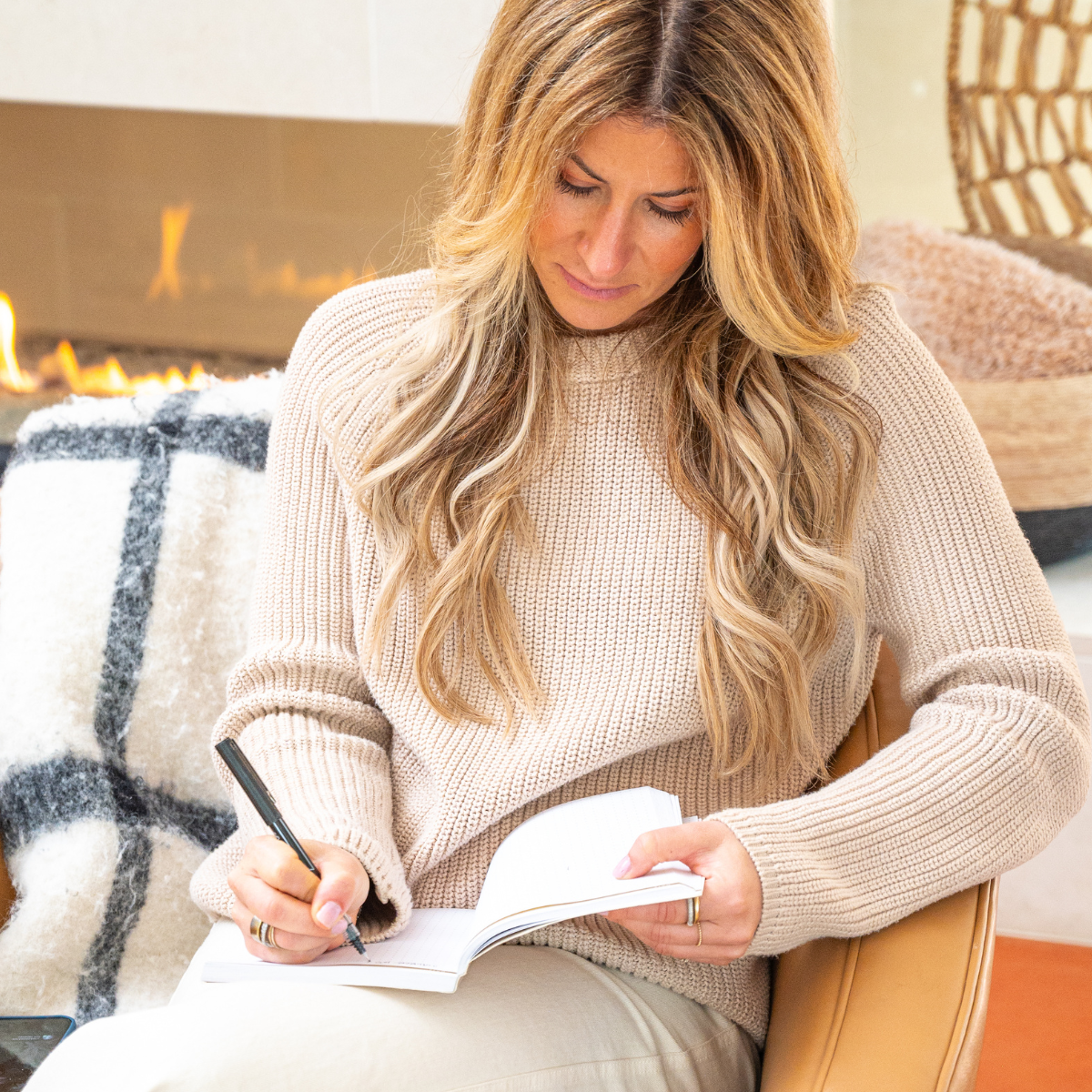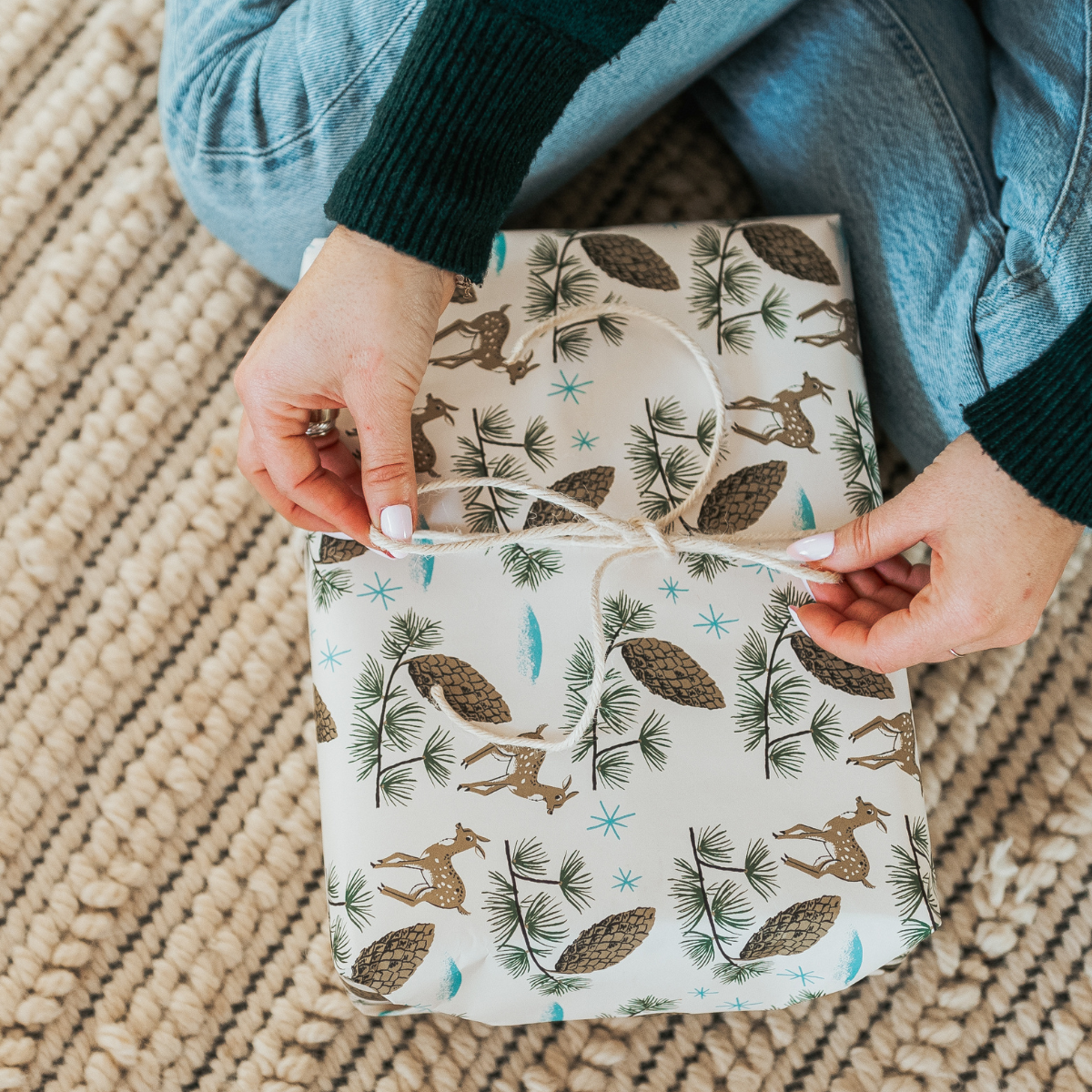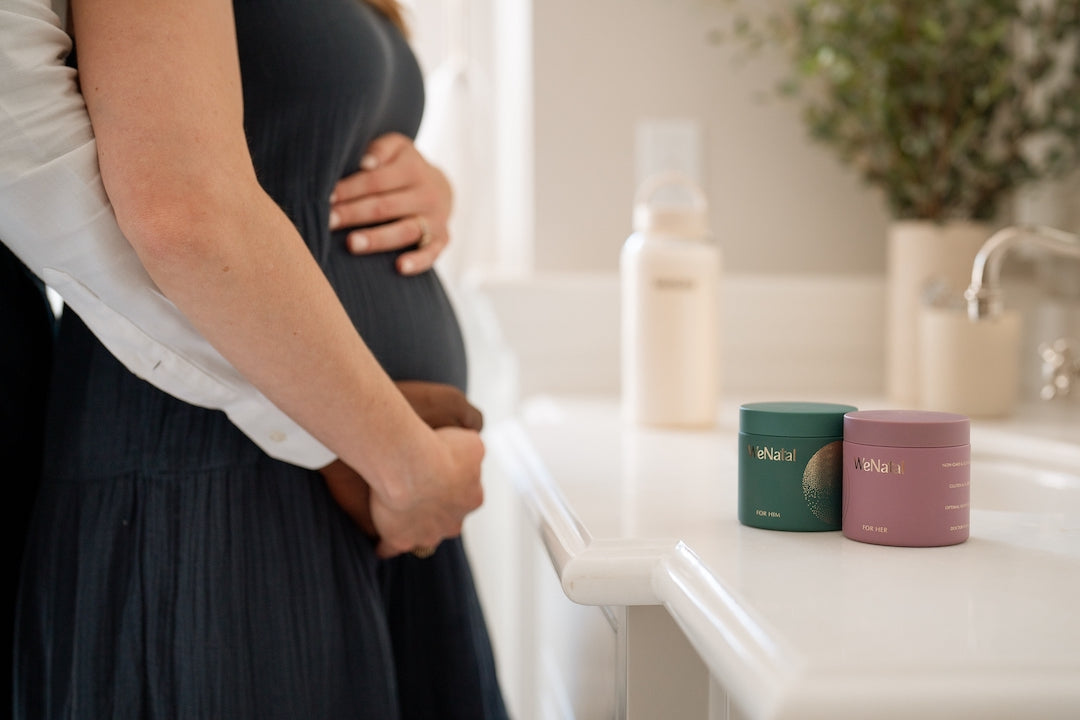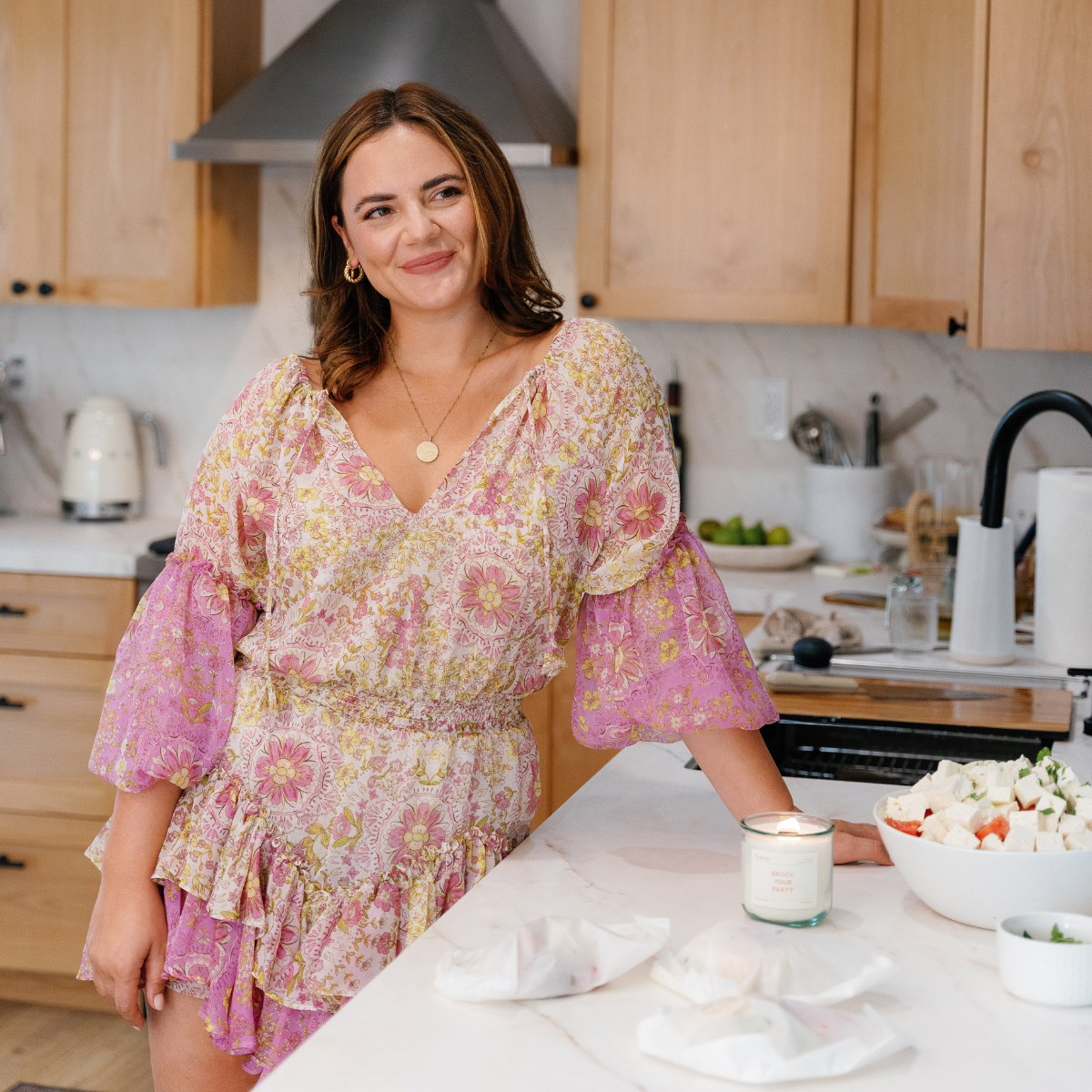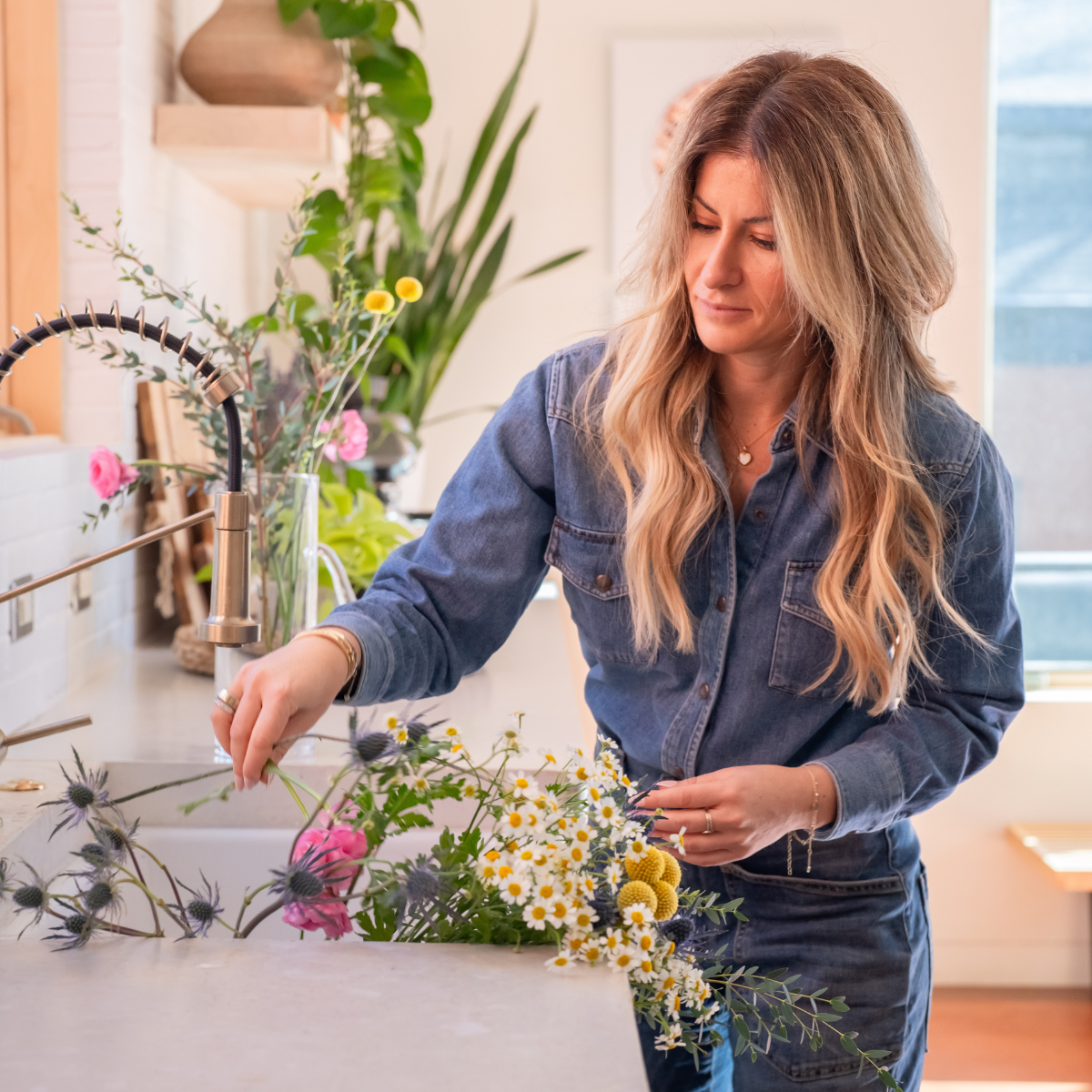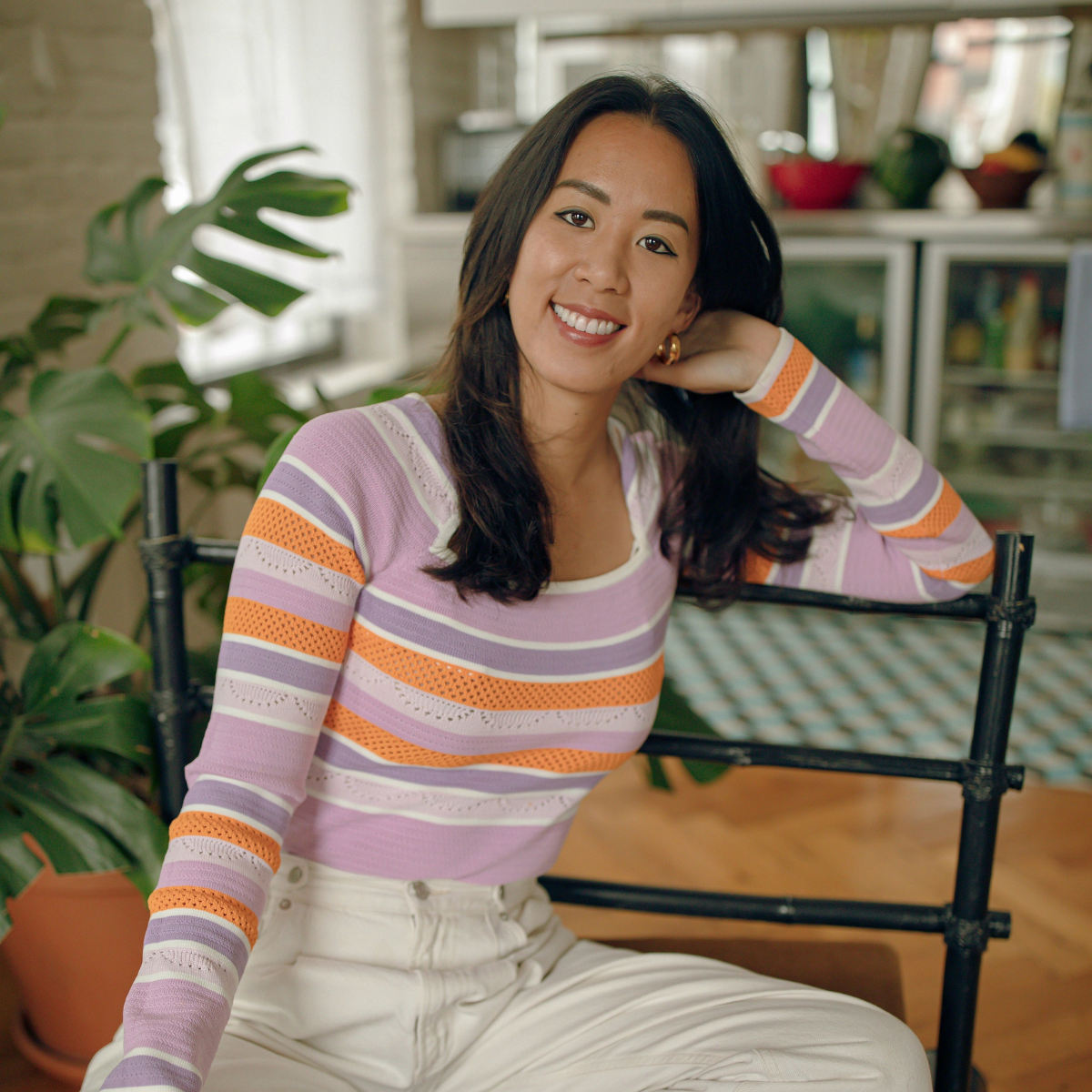Podcast
Non-Toxic and Stylish Cookware For Every Level of Home Cook
with Jordan Nathan
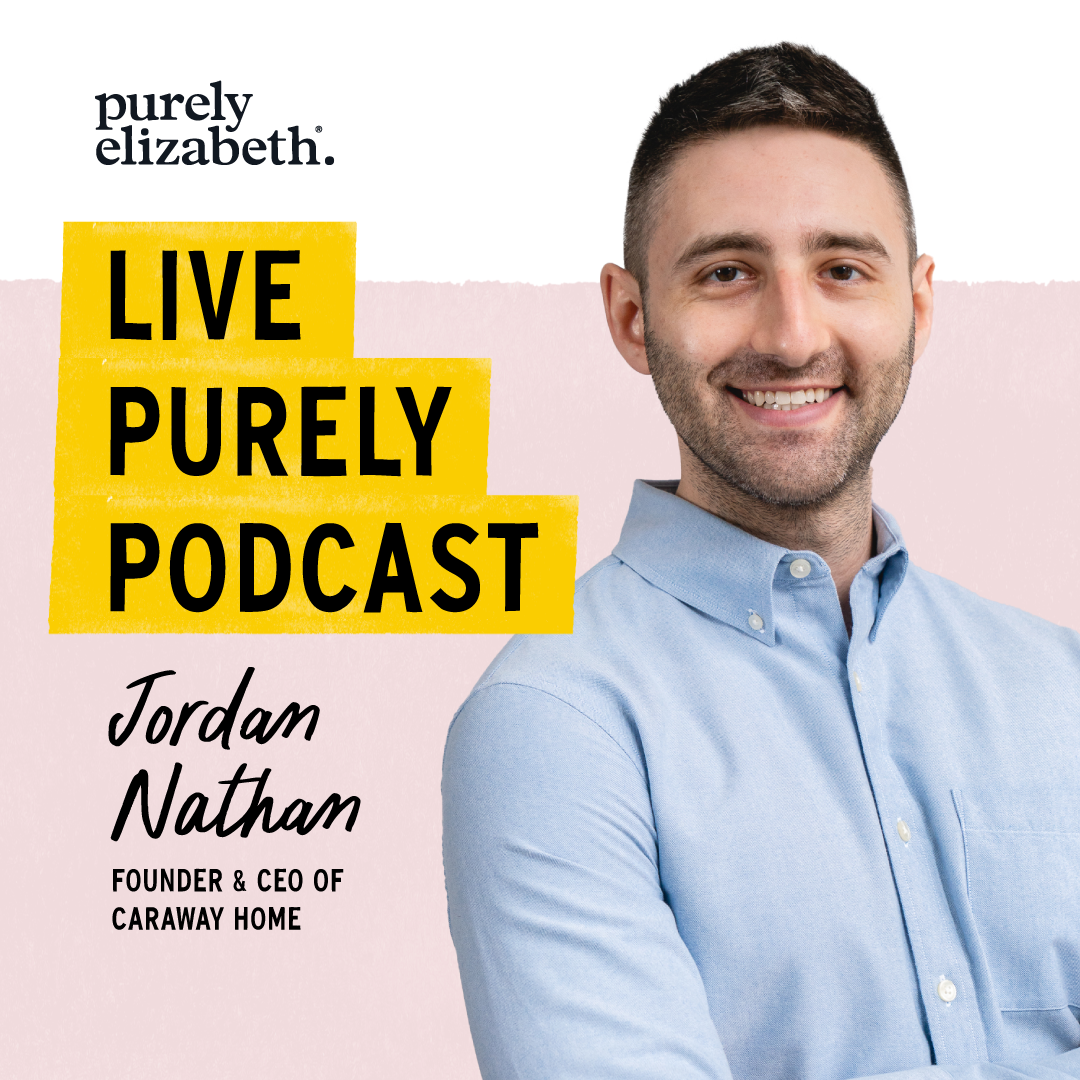
We’re heading to the kitchen as Elizabeth welcomes Jordan Nathan, founder and CEO of Caraway. You may know Caraway for its colorful, sleek cookware designs that set it apart from the rest of the market. Jordan shares his journey from working in kitchenware development to founding Caraway, sparked by his personal experience with Teflon toxicity. He also talks about building a remote-first company with a strong focus on culture, innovation, and health. Plus, Jordan gives us a peek into how he balances his busy work and home life with a consistent routine, Caraway’s exciting future plans, and his favorite dishes to whip up in Caraway’s ceramic beauties!
You may also like
Mix & Match




